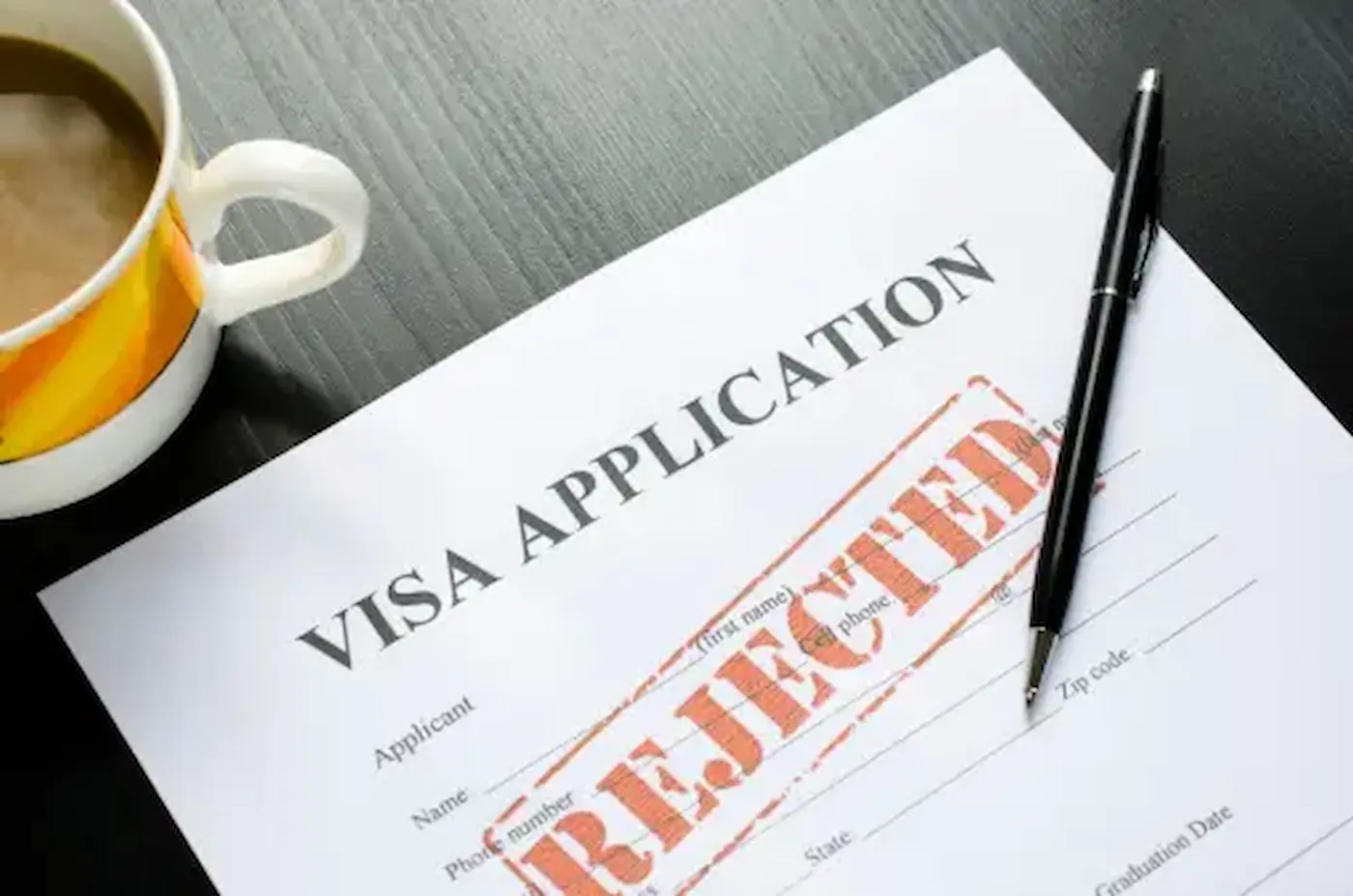
The 10 Most Frequent Reasons For UK Visa Rejections
This page has been reviewed and verified by Michael Gibbons, UK Solicitor and Regulated Immigration Advisor, to ensure accuracy under current UK immigration policy. Confirm your visa requirements via Our UK Visa Guidance.
Each year, thousands of UK visa applications are refused due to common errors or incomplete documentation. Around 30% of visa refusals occur for reasons that could have been avoided. Understanding these causes can significantly improve your chances of approval and reduce costly delays or reapplications.
This guide explains the most frequent reasons for UK visa refusals and how to prevent them in your own application.
1. Insufficient Financial Resources
One of the most common causes of refusal is the inability to demonstrate adequate funds. Applicants must prove they can cover travel, accommodation, and living expenses during their stay in the UK without relying on public funds. Submitting outdated bank statements or unverified financial documents often results in rejection. Ensure all financial statements are genuine, up to date, and meet the Home Office minimum balance requirement for your visa category.
2. Submitting the Incorrect Visa Type
Applying for the wrong visa category is a frequent error. For example, applying for a work visa when your visit is solely for business meetings can lead to an immediate refusal. Review each visa type carefully to ensure it aligns with your purpose of travel. For detailed guidance, see How to Submit a UK Visa Application.
3. Possessing a Criminal Record
Applicants with a criminal history may face automatic visa refusal, particularly where the offences involved imprisonment. UK immigration rules require full disclosure of any criminal convictions, including those considered minor. Concealing this information can result in a long-term entry ban.
4. Providing False or Incomplete Information
Submitting forged or inconsistent documents — such as falsified bank statements, incorrect employment letters, or incomplete application forms — is a serious offence that will result in rejection. Always verify that all information submitted matches your supporting documentation.
5. Lack of Proof of Return Travel
Failure to show evidence of a return or onward flight raises doubts about your intention to leave the UK. A confirmed return ticket or documented travel plan demonstrates compliance with visa conditions and reduces the likelihood of refusal.
6. History of Failed Immigration
Applicants who have previously overstayed, been deported, or had an application refused may find subsequent applications scrutinised more closely. You must provide full disclosure of any prior immigration history and explain how your circumstances have changed since any past refusals.
7. Excessive or Frequent UK Visits
Frequent or lengthy visits to the UK on visitor visas may suggest that you are effectively living in the country without proper permission. You should maintain appropriate time outside the UK between visits and avoid applying again too soon after a recent stay.
8. Inadequate Accommodation Details
Providing incomplete or unverifiable accommodation information can lead to refusal. You must clearly show where you will stay, whether with family, friends, or at a hotel. Include booking confirmations or written invitations if staying with a host.
9. Weak Ties to Your Home Country
A lack of evidence showing employment, property, or family connections in your home country can indicate a risk of overstaying. Submitting proof of ongoing work, education, or dependent family members helps demonstrate your intention to return home.
10. Inaccuracies in Your Application
Simple mistakes — such as inconsistent dates, incorrect spellings, or missing documents — can result in refusal. Double-check every section of your form and ensure that uploaded documents match your declarations.
Additional Common Rejection Factors
- English language requirements not met: Failure to provide proof of English proficiency when required.
- Unrealistic or vague travel plans: Submitting an implausible itinerary or unclear reasons for your trip.
- Suspicious activity or documentation: Providing unverifiable or inconsistent travel or employment details.
- Non-disclosure of health conditions: Concealing medical issues that may impact eligibility for NHS care.
- Missed interviews or biometrics appointments: Failing to attend your scheduled appointments can automatically void your application.
How to Avoid a UK Visa Rejection
- Ensure every form is complete, consistent, and accurate.
- Provide only genuine and verifiable documentation.
- Check that your visa category matches your travel intent.
- Keep clear records of previous UK and international travel.
- Apply early to allow time for potential follow-up requests from the Home Office.
If your visa is refused, you will receive a written notice explaining why. You may be eligible for an Administrative Review or can submit a new application after addressing the reasons for refusal.
Related Guidance
- How to Submit a UK Visa Application
- UK Visa Refusals
- How to Extend or Renew Your UK Visa 2025
- Supporting Documents: Digital Upload Guide
About This Page
Author: UK Visa Applications Editorial Team
Reviewed by: Michael Gibbons, UK Solicitor and Regulated Immigration Advisor
Last Updated: October 2025
Did this advice help?
Is there anything wrong with this page?
If so let us know!